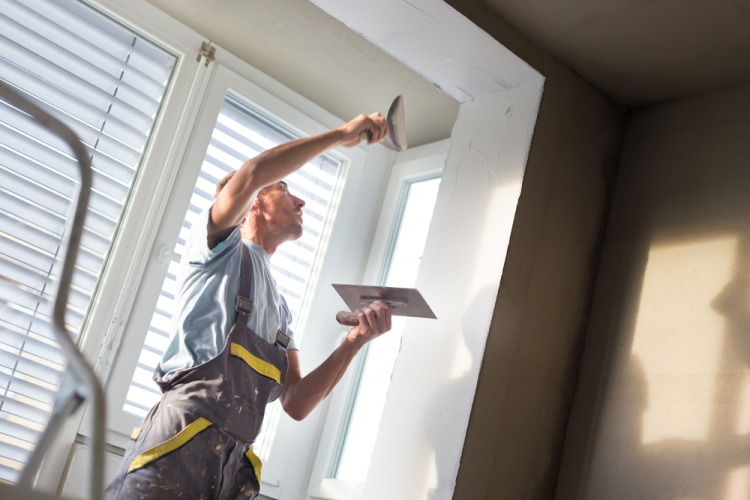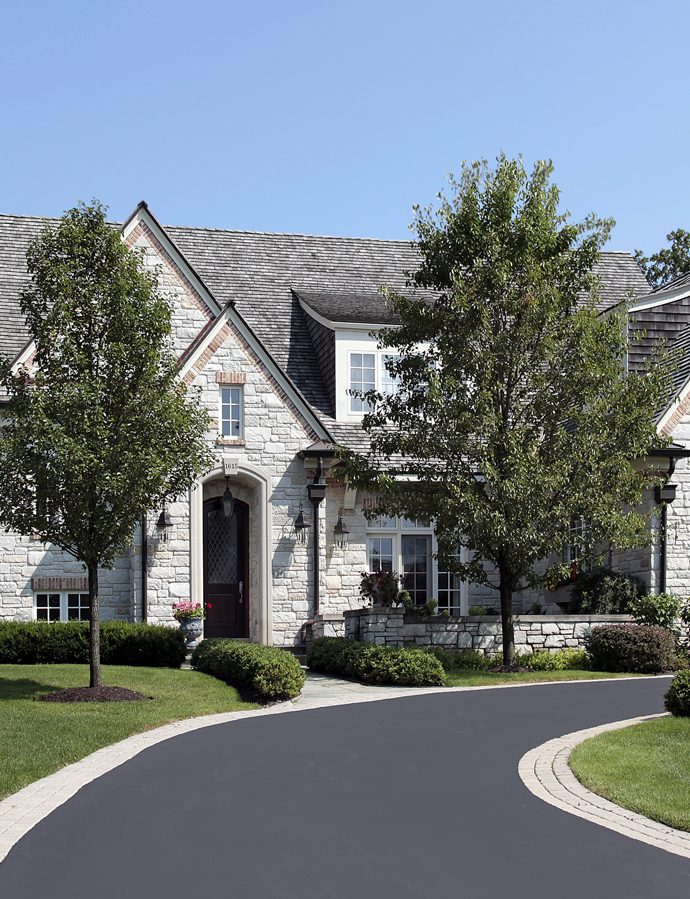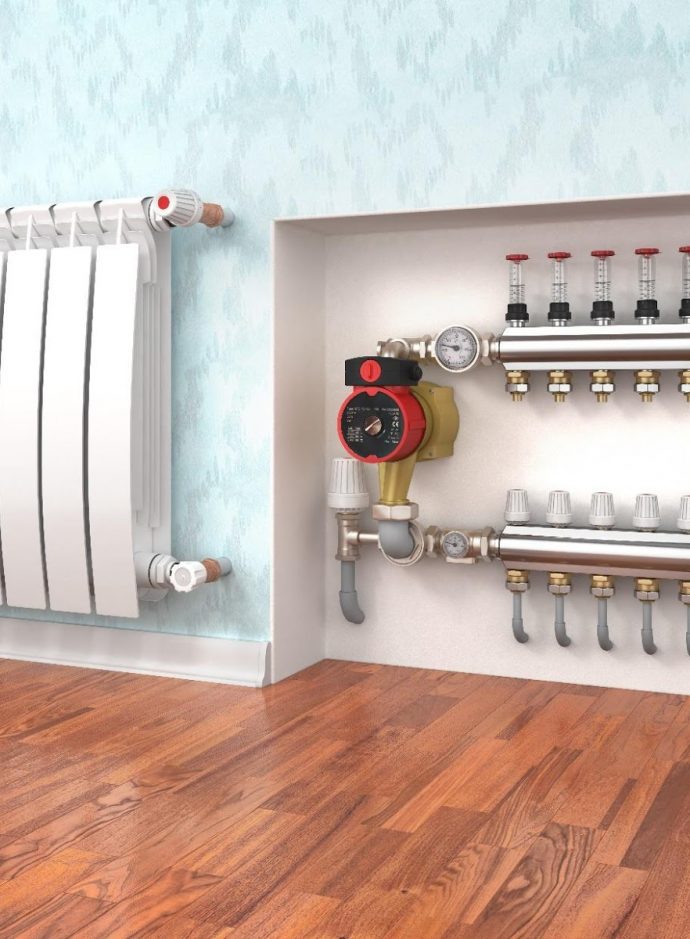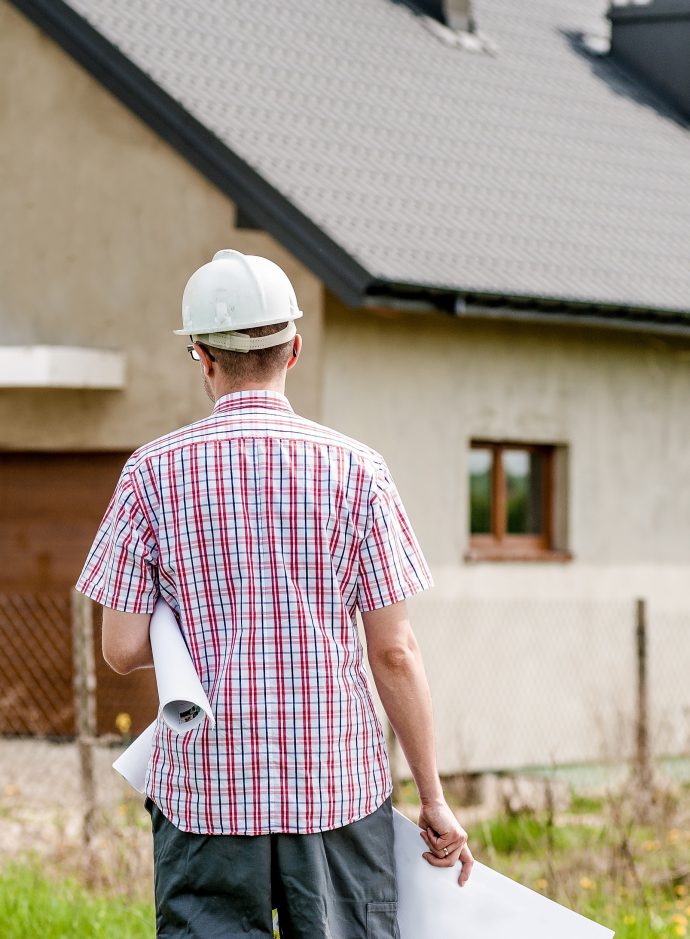Plastering is a job which not just requires the right tools and machines but also expertise and knowledge which can be acquired only through years of real practice and work. There are some plastering tools which are needed to be used for example. Many of such materials are used for making the plastering related instruments appropriate for applying it. There is some basic equipment however which are common for all plastering jobs. As a beginner plasterer you must know some invaluable tips to start the job.
Tips and tricks for a beginner Plasterer:
Choose the area of expertise first: Since you are just starting out as a plasterer you might want to begin from a spare room first. It is better to first choose a spare room which has a poor plaster finish already. Target to work on it to make it better as it will give you enough confidence. Plastering is a job which must involve a lot of confidence. First begin with an environment that has low pressure before doing the work on the actual wall. A simple plastering course will give you the much-needed training for the job. You will soon feel amazed about the job you are doing as a plasterer. The proper course is required to master the art of plastering.
2) Good water supply: One of the best things that you need to learn and practice as a good plasterer is cleanliness. So notice that plaster sets when mixed get hard too fast. You need to have enough supply of water to keep the equipment and budgets clean. Plaster can be cleansed in an easy manner than when it is wet. Equipments used in plastering also need to be cleansed consistently as replacing the equipment is are a waste of resources. When working with multiple plaster batches you must ensure that there is no contamination. You need waste supply for this as well.
3) Take time for the job: One thing you must learn as a plasterer is that every job needs some time. The entire work of plastering involves a lot of time. A major portion of a day is usually spent to make preparations. The knowledge about the time needed to mix the plaster and give finishing to the walls and then undergoing the entire cleaning process will take some time. You must avoid keeping the finishing work left for the next day since the plaster will dry out as hard as stone It is always advised to five two to three hours to do the entire plastering and a half hour for preparation and for cleaning up as well. Keeping this timeline in mind you can make some genuine progress and return home with a peaceful mind.
4) Make the best planning for the job: As a beginner to this plasterer profession do not bite more than you can actually chew. Plastering job always is like racing against time and it will take a while for a novice to understand and adapt to it. As a beginner do not start to plaster the entire room. It is always best to start at one surface and then slowly work on larger surfaces with time as you develop expertise and confidence for the job. Practice is what is needed and with each time you use the tools the more confidence you will have.
Even if you are starting out as a beginner plasterer your work should not showcase that to the potential customer. Try to learn and master skills as fast as it is possible and conduct a very good plastering job. With time and regular practice your skills will be sharpened and the results will be satisfactory.





A plasterer is a professional who applies plaster to walls and ceilings in order to create a smooth, finished surface. Plaster is a material made from gypsum, water, and lime that dries to a hard, durable finish. It is often used to cover up irregularities in walls and ceilings, and to create a level surface for painting or other decorations.